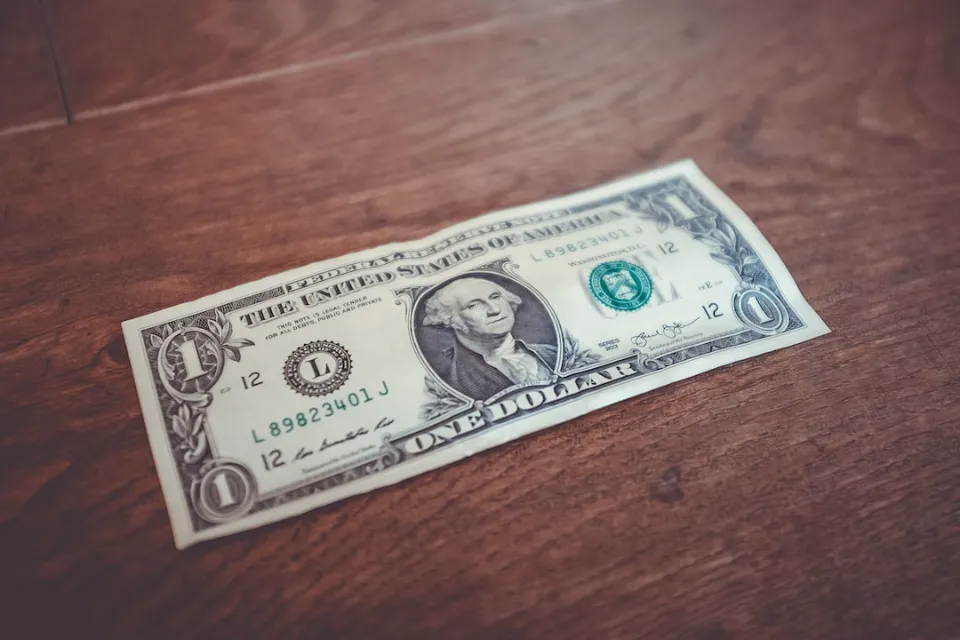During a significant Medicaid disenrollment over the coming year, the John Bel Edwards administration has proposed spending $195.8 million to contact Medicaid enrollees and determine whether they qualify for the government health insurance program.
According to budget documents, the state intends to use $106.6 million in federal funds during the current budget cycle, which ends June 30, to check the income status of hundreds of thousands of Medicaid enrollees. With an $89.2 million budget made up equally of state and federal funds, the procedure is anticipated to continue into the following fiscal year.
According to the staff of the Louisiana Legislature, the state is geared up for 355,000 people to drop off the Medicaid rolls over the coming year. The estimate from the Louisiana Department of Health was a little lower; officials stated on Wednesday that between 280,000 and 350,000 people will be removed from Medicaid during that time.
“No one’s district is not going to be affected by this,” A budget hearing was held on Tuesday, according to Sen. Cameron Henry, R-Metairie. “Everyone will receive calls, though some may be more affected than others. … This will be the main topic for some time.”
In April, COVID-19 protections that had kept millions more Americans on Medicaid regardless of their income will come to an end thanks to the federal government. Since 2020, it has provided states with financial incentives to allow people to remain on the public health insurance program, but those advantages are coming to an end.
States now have a year to determine who is still eligible for Medicaid coverage. Only those who earn too much money to still qualify for benefits should be removed from the rolls, according to policy.
Advocates worry that low-income people who still meet the requirements might also be kicked out of the program because they can’t timely produce the required documentation.
State health officials will contact every person enrolled in the program in order to confirm the income eligibility of Medicaid recipients; this is a massive undertaking in one of the poorest states in the nation. In Louisiana, 42% of the population, or 2 million people, receive Medicaid benefits. In addition, since the pause on disenrollments began three years ago, the program has grown by 442,000 participants.
Hospitals, pharmacies, and nonprofit organizations that can assist in connecting Medicaid enrollees with the state health department will receive about $66.4 million of the $106.6 million the state will spend on Medicaid verification over the next three months.
The Edwards administration will also invest $11 million before July 1 in hiring additional staff for the call center for the health department, Medicaid mail center, and Medicaid eligibility unit. Additionally, $1.3 million more pay will be given to current state employees who work on Medicaid eligibility over the ensuing three months.
According to budget documents, the state also intends to spend $12.8 million before July 1 on a statewide marketing campaign that will feature billboard, newspaper, and radio advertising about the Medicaid enrollment process.
The health department has also allocated $4.2 million for flyers, letters, and stamps that are intended for Medicaid enrollees in the current budget cycle. Earlier this month, it sent a pink letter asking for contact information updates to more than 1 million households with Medicaid enrollees.
Some of these initiatives will be continued with the $89.2 million that the state will spend on Medicaid verification in its upcoming budget cycle, which begins on July 1. According to Kevin Litten, a spokesman for the health department, the money will also be used for a social media campaign, community outreach, and any technology upgrades the state might require to enhance its Medicaid-tracking.
To reach Medicaid enrollees, the federal government demands active outreach. Before removing someone from the Medicaid program, states must make several attempts to contact each recipient through various channels. States risk losing a significant portion of their federal funding if they don’t.
Medicaid is available to a wide range of people, including the underprivileged, the disabled, the pregnant, and the newly delivered. Medicaid also provides health insurance to kids whose parents might not be able to afford it.
Depending on the initial qualifying condition, there are different income requirements for Medicaid.
For instance, low-income adults who are eligible for Medicaid cannot earn more than $3,192 per month for a family of four, but children in a family of four can still be eligible for some Medicaid coverage if the household income is as high as $5,897 per month.
According to the Louisiana Department of Health, families with disabled children have an even higher income requirement and can only qualify for Medicaid if they earn at least $6,938 per month.



